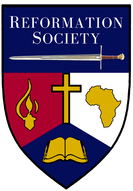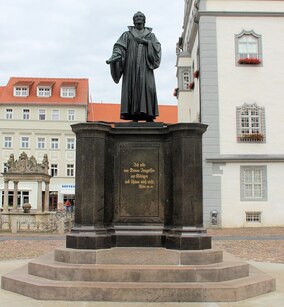 When Philipp Melanchthon delivered his first lecture at the University of Wittenberg, in 1518, Dr. Martin Luther was impressed. Melanchthon was the new Professor of Greek, and although he stuttered during his presentation, his call for theologians to go “back to the sources, back to the Holy Scriptures” echoed the convictions of Luther's heart.
0 Comments
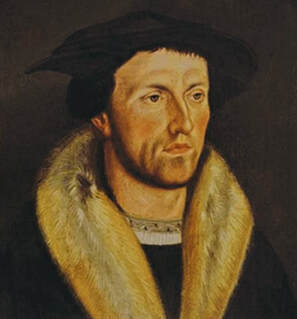 To view a Video presentation on this article, Click Here To listen to an audio presentation on this article, Click Here Bullinger was Zwingli’s successor. For 44 years he pastored Grossmunster in Zurich. Considering the important role he played, and the prodigious quantity of his writings, it is remarkable that Bullinger is one of the least known of the Reformers. CONVERSION Born 18 July 1504, the fifth son of the priest, Henry Bullinger, Heinrich was sent to study at the prestigious Emmerich Seminary on the Rhine, at aged 12. At 15 years old, he enrolled at the University in Cologne, earning his Bachelor of Arts the next year. It was at this time that he was converted to the Reformed faith through studying the Latin and Greek fathers of the Church. 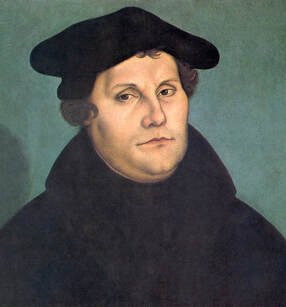
The Controversial
Luther has been alternatively described as the brilliant scholar who rediscovered the central message of the Bible, a prophet like Elijah and John the Baptist to reform God’s people, the liberator who arose to free his people from the oppression of Rome, the last medieval man, and the first modern man. Zwingli described him as: “the Hercules who defeated the tyranny of Rome.” Pope Leo X called Luther: “A wild boar, ravaging his vineyard.” Emperor Charles V described him as: “A demon in the habit of a monk!” The Son Martin Luther was born 10 November 1483 in Eisleben, Saxony. His father, Hans Luder, had worked hard to climb the “social ladder” from his humble peasant origins to become a successful copper mining entrepreneur. Hans married Margaretha Lindemann, the daughter of a prosperous and gifted family that included doctors, lawyers, university professors and politicians. Hans Luder owned several mines and smelters and he became a member of the City Council in Mansfield, where Martin was raised, under the strict discipline typical of that time. 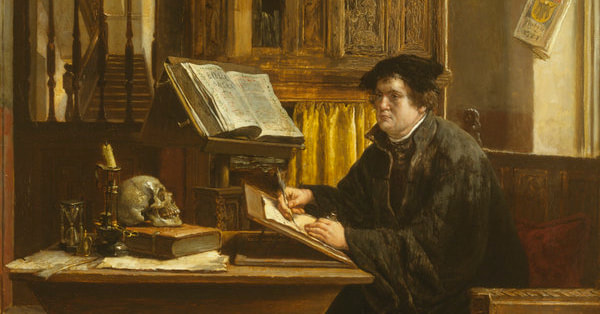 Trivium From the Middle Ages until about the middle of the 20th century, Latin was a central part of a man’s schooling in the West. Along with logic and rhetoric, grammar (as Latin was then known) was included as part of the Trivium – the foundation of a medieval liberal arts education. From Latin, all scholarship flowed and it was truly the gateway to the life of the mind, as the bulk of scientific, religious, legal and philosophical literature was written in the language until about the 16th century. To immerse oneself in classical and humanistic studies, Latin was a must. Grammar schools in Europe and especially England during this time were Latin schools and the first secondary school established in America by the Puritans was a Latin school as well. But beginning in the 14th century, writers started to use the vernacular in their works, which slowly chipped away at Latin’s central importance in education. This trend for English-language learning accelerated in the 19th century; schools shifted from turning out future clergymen to graduating businessmen who would take their place in an industrializing economy. An emphasis on the liberal arts slowly gave way to what was considered a more practical education in reading, writing and arithmetic. 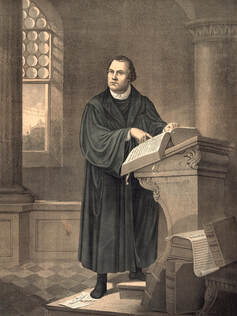 Martin Luther, the great German Reformer, lived from 1483-1546. He translated the Bible into German and pointed the Church back to Jesus Christ and the Early Church. He stood before Pope and Emperor and courageously defended the Truth. By His Word, God brought about a Reformation of the Church, and through regenerated thinking established great freedoms in every area of life. Luther's influence reached far beyond Germany and paved the way for Calvin's Reformation. The Holy Scriptures and Luther's writings formed the character of Germany. His Catechism became the basis of education, and his great hymns including "A Mighty Fortress is our God," are sung all over the world. MARTIN LUTHER'S CONTEMPORARIES Among Luther's contemporaries were the great German painters Albrecht Dürer and Lucas Cranach. In Italy the genius Michelangelo was at work. Columbus was sailing to the New World, and Kopernikus discovered that the planets move around the sun. Paracelsus pioneered a new medical science, and Machiavelli laid down his political philosophies. Earlier Johannes Gutenberg had perfected the printing press, and this enabled Luther's writings to be multiplied in all of Europe. 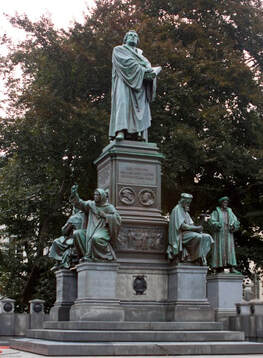 Our articles, How the Reformation Changed the World and Here I Stand received many responses from around the world, mostly very positive. However, there were also some friends who responded in surprise that we could have so positively quoted from Martin Luther, because from what they had heard, he was anti-Semitic and responsible for terrible atrocities against the Jews. Character Assassination I was even directed towards websites that are dedicated to depicting Luther as an "anti-Semite" who "laid the foundations for the holocaust!" Luther Was Friend and Advocate for Jews The accusation that Martin Luther was an anti-Semite, responsible for massacres, reveals an ignorance of history. Luther was pro-Christ and he was zealous in evangelism. For decades he lovingly and patiently reached out to the Jewish people in his arewith the Gospel. In 1523, Luther accused Catholics of being unfair to Jews in treating them "as if they were dogs". Luther was outraged and declared that such mistreatment made it even more difficult for Jews to convert to Christ. 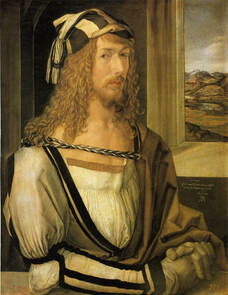 Albrecht Dürer was the oldest son and third of 18 children born to a goldsmith in Nuremberg, Germany. His father, Albrecht Dürer, the elder, worked hard in his precious metals business, but faced severe trials and suffered the loss of many of his children. Only three of his 18 children survived to adulthood. Yet Mr. Dürer was an honest man who trusted in God and handled his trials with courage and faith. His son, Albrecht wrote: “My father lived an honorable Christian life. He was a man patient of spirit, mild and peaceable to all, and very thankful toward God… He was a man of few words and a God fearing man… This man, my dear father, was very careful of his children to bring them up to love and honour God.” 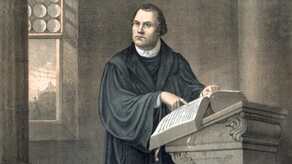
Reformation Day Events
To see upcoming Reformation Day Celebration events, click here. You can also view upcoming events on Reformation 500 Facebook page, please like and share on social media. For more details, phone: 021-689-4480, or e-mail [email protected] “But seek first the Kingdom of God and His righteousness and all these things shall be added to you.” Matthew 6:33 31 October 1517 marks a single event, on a single day, which changed the world forever. It marks when Professor Martin Luther nailed his 95 Theses on the door of the Schlosskirche (The Castle Church) in Wittenberg, Germany. First Things First It was not that Martin Luther was attempting to launch a Reformation. He was seeking first the Kingdom of God and His righteousness. It was Martin Luther’s desperate quest for peace with God that led him to study the Scriptures intently. He was overwhelmed by the holiness of God and the depravity of man. He agonised over his own sinful nature. 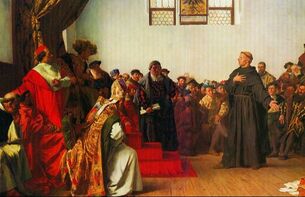
18 April marks the anniversary of a momentous turning point in world history. The Reformation was led by men of strong faith, deep convictions, great intelligence, high moral standards and tremendous courage. Towering above all these great Reformers, Martin Luther stands out as the most courageous, controversial and influential Reformer of all time.
Facing Certain Death Summoned to Worms, Luther believed that he was going to his death. He insisted that his co-worker, Philip Melanchthon, remain in Wittenberg. "My dear brother, if I do not come back, if my enemies put me to death, you will go on teaching and standing fast in the truth; if you live, my death will matter little." Luther at Worms was 37 years old. He had been excommunicated by the Pope. Luther would have remembered that the Martyr, John Hus, a Century before, had travelled to Constance with an imperial safe conduct, which was not honoured. |
History ArticlesCategories
All
Archives
May 2023
|
- Home
-
History Articles
- History Articles
- All Categories
- Character Studies
- Greatest Century of Missions
- Greatest Century of Reformation
- Reformation In Bohemia
- Reformation In England
- Reformation In France
- Reformation In Geneva
- Reformation In Germany
- Reformation In Italy
- Reformation In Scotland
- Reformation in Switzerland
- Victorious Christians
- Contemporary Articles
- Resources
- Contact
- Donate
|
The Reformation Society
PO Box 74, Newlands, 7725, South Africa Tel : (021) 689-4480 Email: [email protected] Copyright © 2022 ReformationSA.org. All rights reserved |
- Home
-
History Articles
- History Articles
- All Categories
- Character Studies
- Greatest Century of Missions
- Greatest Century of Reformation
- Reformation In Bohemia
- Reformation In England
- Reformation In France
- Reformation In Geneva
- Reformation In Germany
- Reformation In Italy
- Reformation In Scotland
- Reformation in Switzerland
- Victorious Christians
- Contemporary Articles
- Resources
- Contact
- Donate
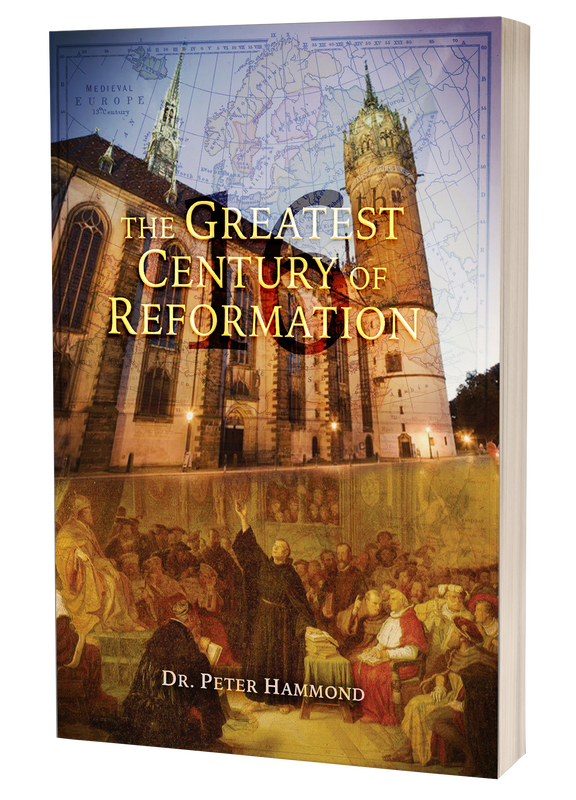
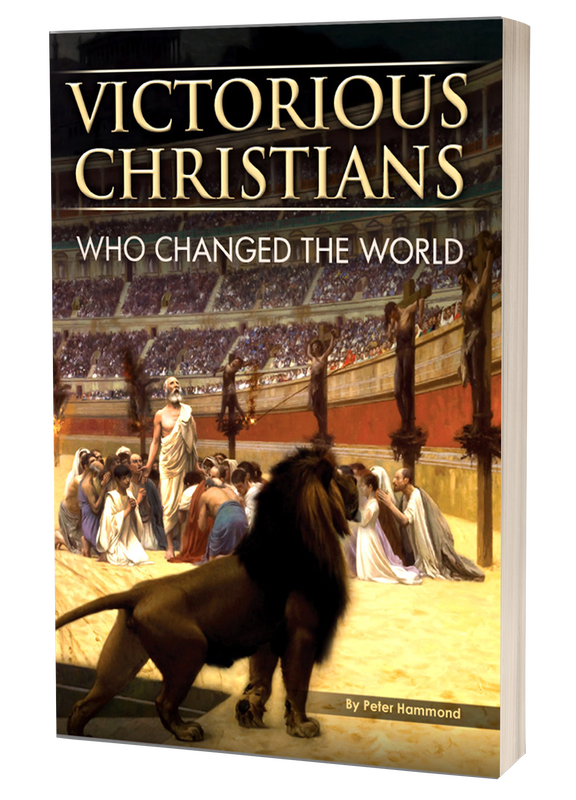
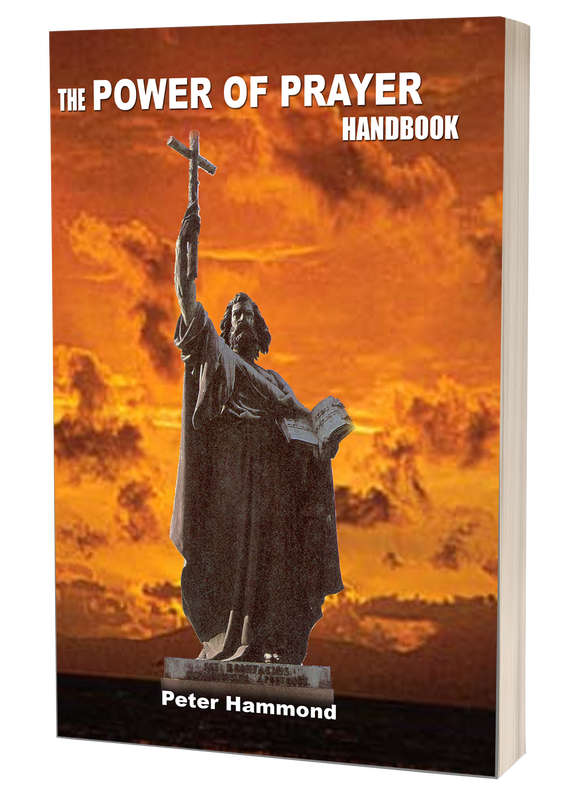
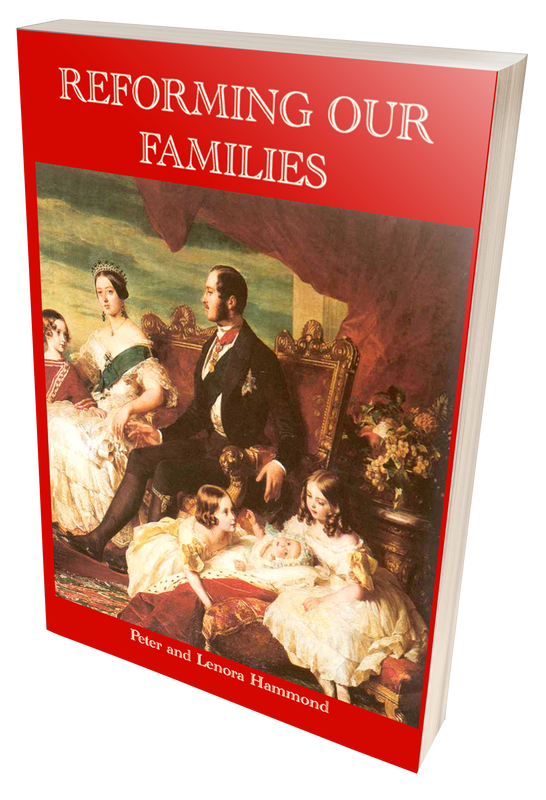
 RSS Feed
RSS Feed
